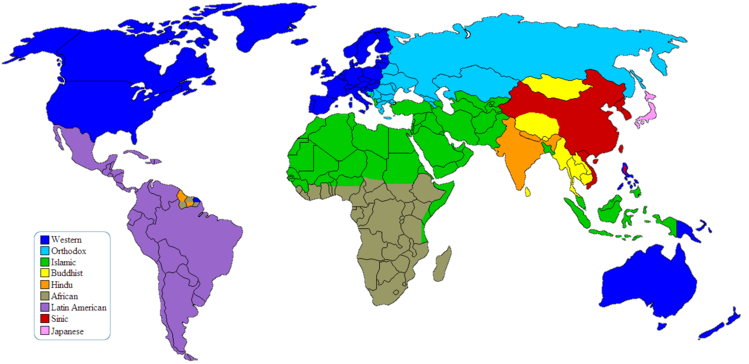In the early-/mid-XVIII the rest of Europe was mostly autocratic to one degree or another.The problem is that MODERN Russians' view of politics has been built around autocracy (since the 16th century, before Russia was very decentralized and serfdom wasn't even common among peasantry).
Western Europe's and Russia's meaning of modernity diverge greatly.
Whereas in Europe it means more rights for the people and restrictions of the King's power,
Indeed. Following this definition the most modern country in Europe of the XVIII was the PLC. Everybody knows how well the “modernity” worked for it. 😂
“It depends”, if applicable to the Europe of the XVIII - early XIX and hardly true for the Russia of the late XIX - early XX. Putting aside a liberal reign of AII, conservative reign of AIII involved much less monarch’s power than, say, one of NI, which saw much less monarch’s power than the reigns of the XVIII century. The same goes for the “centralization”: the low level elective institutions existed since the reign of AII and the elective town councils even earlier. The “collective structure” existed only in the rural communities and mostly due to the purely economic reasons but did not involve any self-sacrifices. Rather it was other way around: it was easier to cheat the local administration for a group than for individual. Even it was slowly dying prior to the wwi.in Russia it means more centralization, more autocracy with the Tsar's powers reinforced and more popular commitment to the State/Nation (self-sacrifice, the collective structure over the individual).
If You want to make Russia a liberal country, you'll have to make a PoD around 1500, but it would have changed a lot of things about Russia's formation.
As for the English and French political worldviews, they're not the same. The English favor Liberty (Liberalism)
As in forcing the “Chinese barbarians” (who had extra few thousands years of a well-developed culture comparing to the Brits) to buy opium at a gun point, doing some very creative looting and killing around the globe, starving huge numbers of Hindu to death, creating the biggest colonial empire in the world? “Liberty” for whom?
AFAIK, it was “egalite”, which means “equality”. Socialism came noticeably later. Did not prevent them from creating a big colonial empire as well.whereas the French favor Egality (Socialism).
Last edited:
